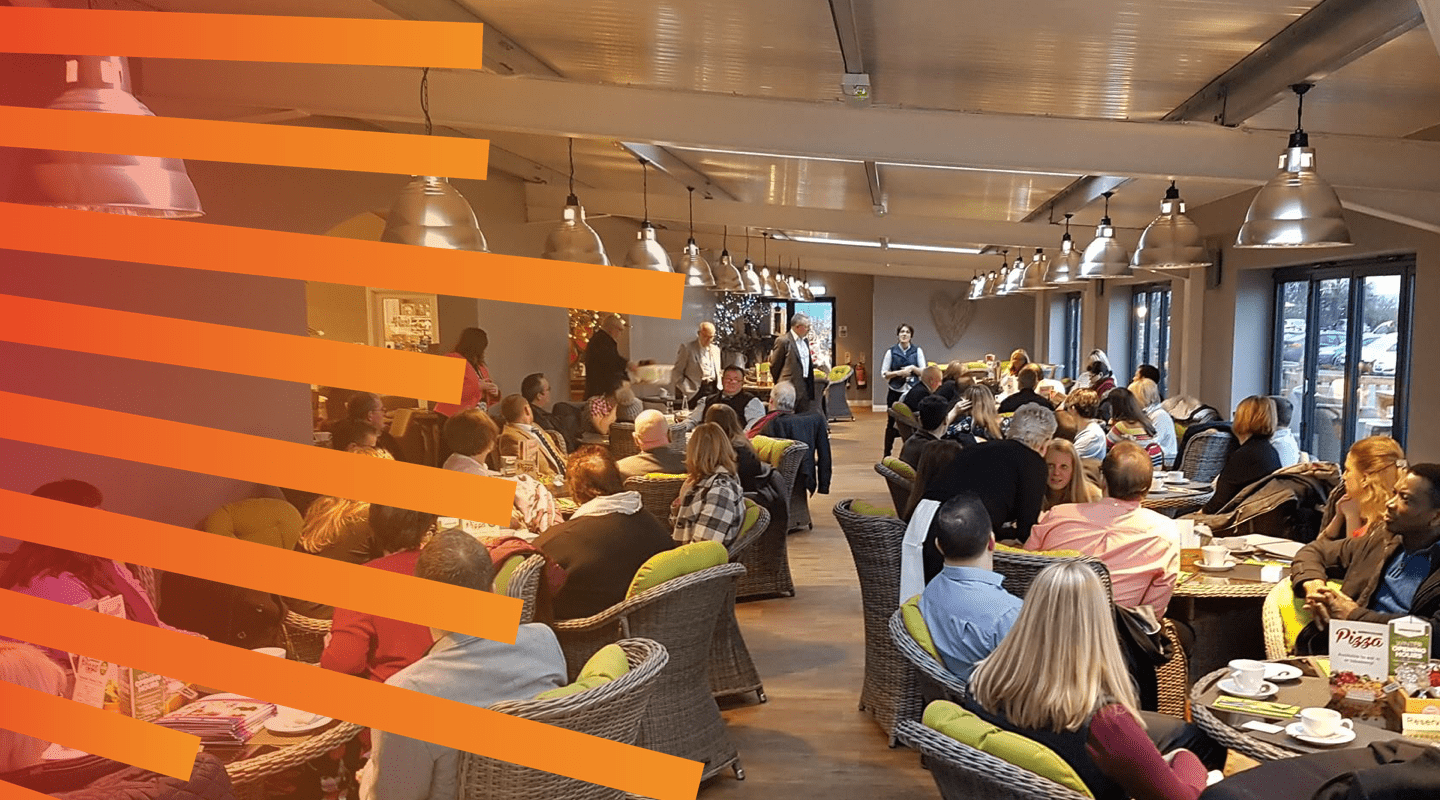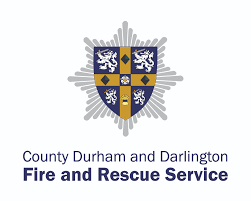Changes to the way County Durham and Darlington Fire and Rescue Service respond to calls for assistance from Automatic Fire Alarms (AFA) in non-residential premises.
I am writing to notify you of a key change which may affect you and your organisation.
When an AFA actuates for any reason other than a fire condition, this is referred to as a false alarm. The point at which the Fire and Rescue Service is requested and responds to a false alarm is referred to as an Unwanted Fire Signal (UwFS).
From 2020/21 to 2022/23 County Durham and Darlington Fire and Rescue Service (CDDFRS) responded to 1,943 AFA calls in non-residential premises with 98.5% of these being UwFS. Only four of these calls in this three-year period required the use of a portable extinguisher, hose reel or greater means to extinguish a fire.
A reduction in the number of UwFS CDDFRS respond to will have a positive effect on the business community and will support frontline appliances being immediately available to respond to life risk incidents, provide further capacity and opportunity for crews to carry out prevention and protection activities in the community to help prevent fires from happening in the first place. Furthermore, a reduction in the number of responses CDDFRS make to UwFS will reduce the road risk and environmental impact by minimising blue light journeys.
From Monday 2 October 2023, CDDFRS will not automatically respond to investigate fire alarm activations in non-residential premises* between the hours of 08:00 and 18:00 hours, 7 days of the week with the below exceptions.
CDDFRS will always respond to calls 24 hours a day if:
A confirmation call is received through 999/112 reporting a fire or signs of fire (such as a smell of burning). Any call received reporting a confirmed fire or signs of fire will receive the full pre-determined attendance;
A premises has been granted an exemption by CDDFRS (see below for further details on exemptions).
CDDFRS will always respond to:
Single private domestic dwellings and sheltered accommodation schemes;
Other residential premises such as hostels, hotels and care homes;
Registered Control of Major Accident Hazards (COMAH) sites;
Prisons;
Known heritage sites;**
Premises who have successfully applied to CDDFRS for an exemption.
CDDFRS will also respond to educational premises such as universities, colleges and schools including pre-schools on weekends, bank holidays and during school holiday periods (as detailed on the Durham County Council website for education premises in County Durham www.durham.gov.uk/schoolholidays and as detailed on Darlington Borough Council website for education premises in Darlington Borough www.darlington.gov.uk/education-and-learning/school-years/school-holiday-dates).
The AFA response policy will apply to calls received directly from premises and calls received through alarm receiving centres.
Fire and Rescue Services have no statutory responsibility to respond to calls originating from an AFA system in order to investigate if there is a fire. Under the Fire Safety Order the Responsible Person or Duty Holder must ensure there is an Emergency Plan for dealing with any fire situation. The purpose of an emergency plan is to ensure that the people in your premises know what to do if there is a fire and that the premises can be safely evacuated. Your emergency plan should be based on the outcome of your fire risk assessment and be available for your employees, their representatives (where appointed) and the enforcing authority.
CDDFRS will always attend any premises that confirm their building is or is reasonably believed to be on fire through our 999/112 system.
Further advice and guidance and the full policy, including our exemptions criteria and application process can be accessed on our website www.ddfire.gov.uk/afa
Yours sincerely,
Keith Carruthers
Director Community Risk Management
*A full list of premises classed as non-residential are listed on the CDDFRS website.
**A full list of known heritage sites are listed on the CDDFRS website.




